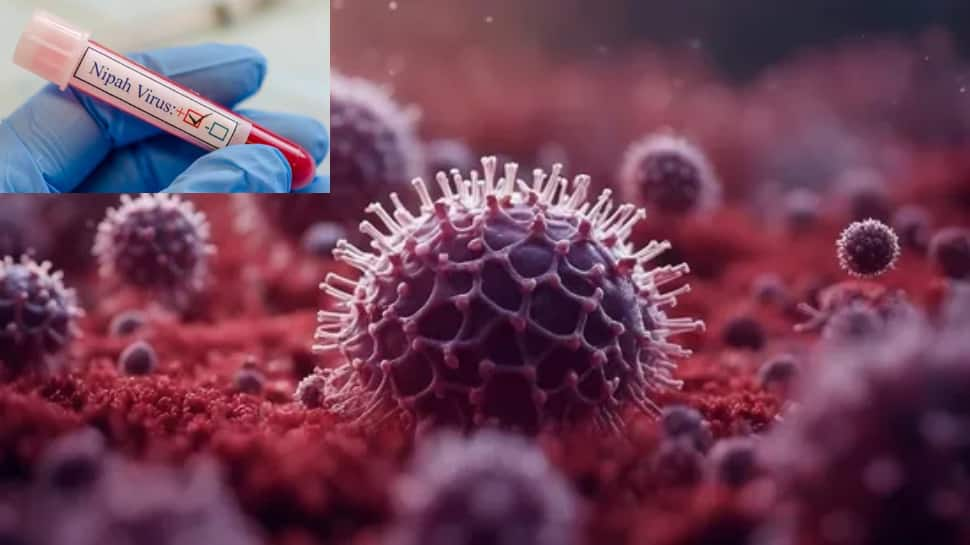Indian Council of Medical Research (ICMR) Director General Dr Rajiv Bahl said on Friday that Nipah virus can spread through respiratory droplets and its mortality rate is 40 to 70 per cent.
In comparison, Covid has only a “2-3 per cent mortality rate”, he said at a press conference here.
“Nipah is a zoonotic virus (transmission of the virus from animals to humans),” Bahl said, adding that fruit bats are the reservoir of this virus.
“It can spread through blood and bodily fluids as well as through droplets,” he said.
Despite the high mortality rate, Bahl said the virus is not as contagious as Covid and has short episodes, with a maximum of up to 100 cases.
Nipah was first identified in 1999, since then it has made its presence felt in four or five countries: Malaysia, Singapore, Bangladesh, the Philippines, and India.
Since 2018, Kerala is currently witnessing its fourth outbreak of Nipah. The current cases have been recorded about 15 km from the location where the initial outbreak of Nipah virus in the southern Indian state was first identified in Kozhikode in May 2018 and again in 2021.
In June 2019, a sporadic case of Nipah was again reported from a geographically different location in Kochi.
In the latest outbreak, 6 people have been infected and 2 deaths have been reported.
Bahl said in the absence of any vaccine or medicine, prevention is the only strategy.
He also said that India is purchasing 20 more doses of monoclonal antibodies from Australia. He said the M102.4 antibody was tested on 14 people globally by the University of Queensland in Australia and was found to be safe, meaning no one died.
It will be administered on “compassionate grounds”, as there is no information about its side effects, and the decision will be taken by the Kerala government and doctors there.
“Currently India has doses for 10 people, we have requested for 10 more,” Bahl said.
He said, every person requires 2 doses and till now it has not been given to anyone in India.
The vaccine was developed by Queensland researchers in 3 batches and was stored at minus 80 temperatures and is stable for up to 5 years. India first received the vaccine in 2018, but it could not be used because Nipah virus cases had subsided by then. Additionally, ICMR has also deployed its first mobile BSIII (Biosafety Level-3) laboratory in Kozhikode for on-the-ground testing of cases.
